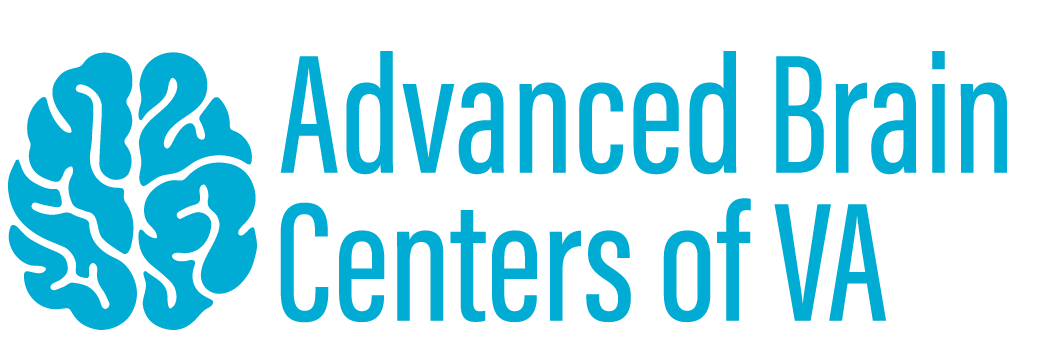Our Process
The Most Advanced Approach to Brain Rehabilitation and Optimization
Neurological Assaults
Stroke
Traumatic brain injuries
Lyme disease
Dementia/Alzheimers
Tinnitus
Autism
Parkinson’s
Multiple Sclerosis
Physical Deficits
Wound-healing
Wellness/anti-aging
Pre-operative prevention
Post-operative care
Arthritis
Nerve damage
Burn pit exposure
Cognitive Deficiencies
Anxiety
Depression
ADD/ADHD
OCD
Insomnia
Long-COVID
PTSD
Our approach has been developed through decades of translational clinical research studies carried out by the International Brain Research Foundation, in collaboration with medical centers throughout the world. Numerous studies have been published in peer-reviewed journals to establish the safety and efficacy of these novel interventions. We are now treating the following conditions:
Clinical Intake
The clinical intake is a one-hour meeting with a neuropsychologist. A comprehensive review will take place to include the patient's medical records, clinical history, discuss why treatment is sought, and thoroughly explain how our services may benefit.
Neuropsychological and qEEG Testing
The second visit consists of neuropsychological testing coupled with qEEG to yield the most accurate diagnosis results. During the qEEG, patients will have a 19-channel electrode cap placed on their heads to capture the brain's electrical activity. The electrodes are located at particular regions in the brain associated with specific cognitive functions.
Combining qEEG brain mapping and neuropsychological testing allows for a well-rounded and robust follow up through a multifaceted data analysis.
qEEG or brain mapping (1 hour) is an advanced diagnostic tool that measures electrical activity in the form of brain waves. This assessment allows for accurate determination of the strengths and weaknesses of brain functions related to various neurological and psychological disorders. It is also a way to assess brain health.
Neuropsychological testing (2-3 hours) are specially designed tasks used to measure psychological and neurological functions known to be linked to particular brain regions. These paper and pencil and computerized assessments are systematically administered in a quite office setting, and quantify various essential functions of cognitive ability, including working memory, auditory and visual processing, problem-solving, and emotional recognition, amongst many others.
Follow-Up
Once all testing has been completed, patients are invited to attend a comprehensive follow-up to thoroughly go over and discuss the results of the testing with a licensed member of our team. The patient’s history will be further assessed for safety purposes, and all possible side effects will be disclosed.
Treatment
Based on the findings, an individualized treatment plan is established, then the protocol may begin. Individualized protocols consist of 10-40 visits depending on the nature and severity of the neurological condition. Patients will receive a combination of hyperbaric oxygen therapy (1.5 hours), neurofeedback (1 hour), IV infusions (1-6 hours), and neuromodulators (1.5 hours). The protocol is designed to run synergistically to produce the most efficacious results. A la carte modalities are also available upon request.
Post-Treatment Assessment
Once the protocol is completed in its entirety, patients will receive a post-treatment qEEG brain map coupled with neuropsychological testing to quantify treatment-based changes. Patients will then meet with a licensed professional to discuss results and future recommendations will be arranged.
The protocols utilized through Advanced Brain Centers of Virginia have been developed through decades of translational clinical research studies carried out by the International Brain Research Foundation, in collaboration with medical centers throughout the world. Many studies have been published in peer-reviewed journals to establish the safety and efficacy of these novel interventions.





